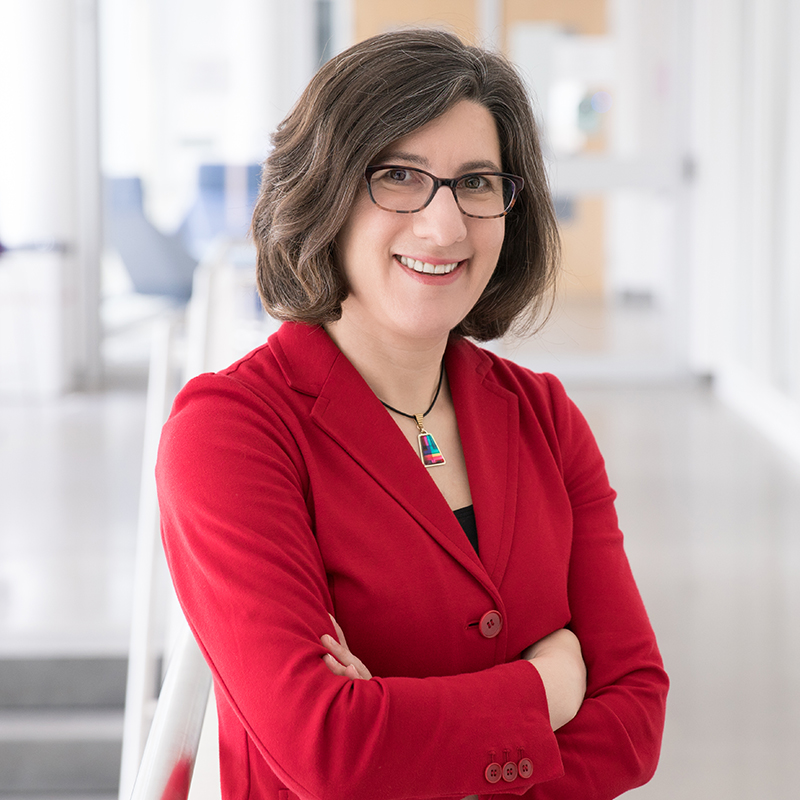Lorrie Cranor receives honorary doctorate
Daniel Tkacik
May 9, 2022

Source: CyLab
Over the weekend, CyLab Director Lorrie Cranor was awarded an honorary doctorate degree from the Università della Svizzera italiana (USI), a public Swiss university near its southern border with Italy, “for her relentless pursuit of making privacy and security usable—including her pioneering work on privacy policies, her fundamental contributions towards understanding phishing attacks, and her active role in shaping public policy to better protect our privacy.”
“IT security is one of society’s most pressing problems, as demonstrated by the many incidents of ransomware we have seen in the past year, also here in Switzerland,” said Marc Langheinrich, Dean and Faculty of Informatics at USI, during the award ceremony on Saturday. “For more than 25 years, Prof. Cranor’s work has been about creating solutions for online security and privacy that are usable.”
Back in 2005, Cranor, a professor in the Institute for Software Research and the Department of Engineering and Public Policy, created the first research forum for work on usable privacy and security, known as the Symposium On Usable Privacy and Security (SOUPS). She has authored over 200 publications on the subject. A brief history of Cranor’s involvement in usable security and privacy research can be read here.
“As usual, there is no way a short laudation like this can properly reflect the many achievements of a nominee,” Langheinrich continued in his speech on Saturday. “Let me try to sum it up as follows: Lorrie is a role model for all of us on how to do research that not only crosses interdisciplinary boundaries but that also has an impact—academically, within industry, and in society—by educating not only students, but also citizens and policymakers.”
USI was established in 1996, and it is one of the 12 certified public universities in Switzerland. It is active in several study and research areas including architecture, communication sciences, computational science, data science, economics, health studies, humanities, informatics, law, medicine, and biomedicine. Over 3,000 students and 1,000 faculty and researchers from 99 countries convene on four different campuses in the country.
